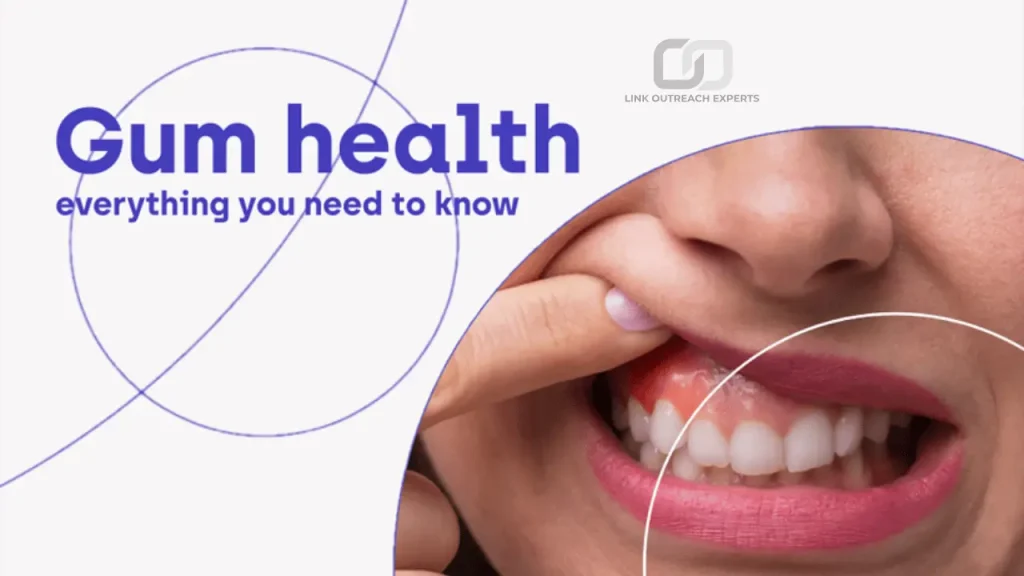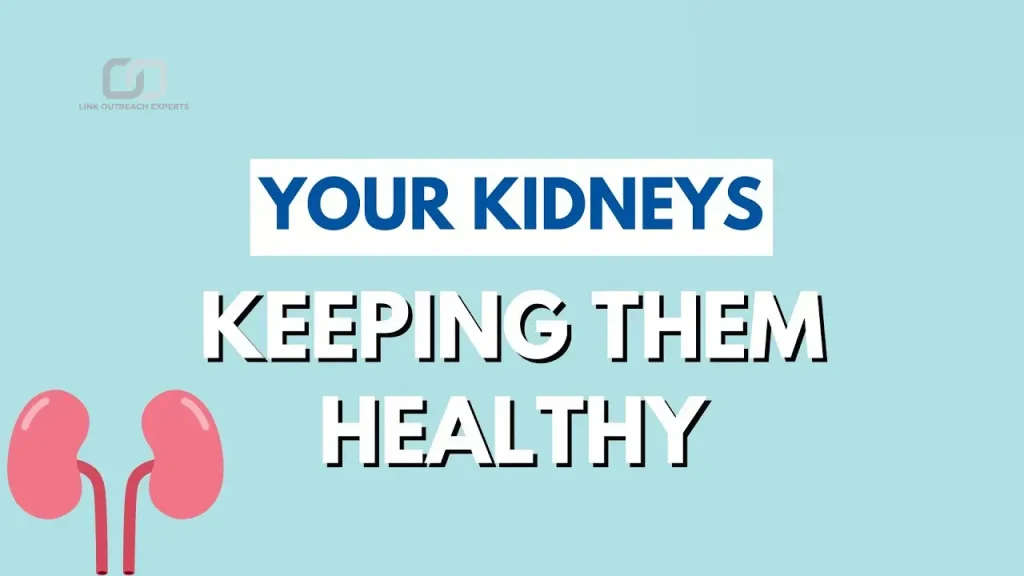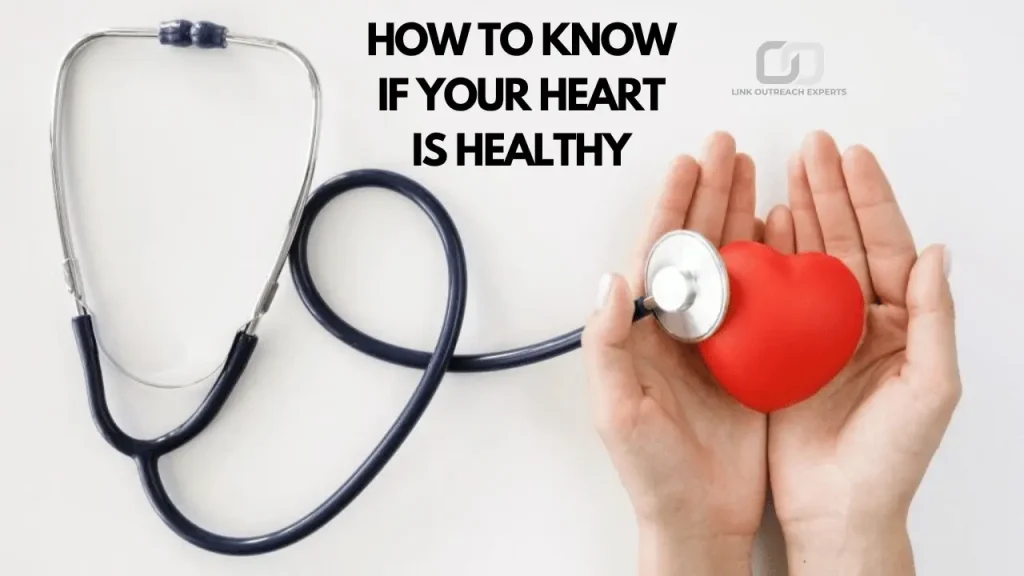Healthy gums are important for overall health. When your gums are healthy, they help keep your teeth strong and in place. Gums act as a barrier to protect your teeth and prevent infections. If your gums are unhealthy, it can lead to tooth loss and other serious issues. Keeping your gums healthy is an essential part of good oral care.
Unhealthy gums can affect your whole body. Gum disease has been linked to other health problems, such as heart disease, diabetes, and even respiratory issues. Infections in the gums can spread to other parts of the body. So, taking care of your gums isn’t just about having a nice smile, it’s about staying healthy overall.
Table of Contents
Signs of Unhealthy Gums
Redness and Swelling
Unhealthy gums often appear inflamed and dark red, unlike healthy gums, which are usually firm and light pink. This redness and swelling can be a result of gum irritation, infection, or the early stages of gum disease, indicating that immediate care is needed to prevent further damage.
Bleeding Gums
If your gums bleed while brushing or flossing, it’s a common sign of gum inflammation or gingivitis. Healthy gums shouldn’t bleed easily, so consistent bleeding, even with gentle care, suggests that gum disease may be present and requires prompt attention to avoid progression to more severe conditions.
Persistent Bad Breath
Bad breath that doesn’t go away, even after brushing, can be caused by bacteria trapped in unhealthy gums. This bacteria creates a foul-smelling odor, often a sign of an infection like gum disease, which needs treatment to prevent further oral health issues and bad breath from lingering.
Receding Gums
When gums begin to pull away from the teeth, exposing more of the tooth’s surface or even its roots, it’s known as gum recession. This can cause tooth sensitivity and, if left untreated, can lead to tooth loss. It’s often caused by gum disease, poor oral hygiene, or other factors, and should be addressed early.
Loose Teeth
In more advanced stages of gum disease, your gums may no longer be able to hold your teeth firmly in place, causing them to become loose. This is a serious issue, as it can lead to tooth loss. If you experience loose teeth, it’s important to seek professional dental care right away to prevent further complications. Healthy gums are essential for maintaining strong teeth.
Common Causes of Gum Problems
Poor Oral Hygiene
Not brushing and flossing regularly can lead to plaque buildup on the teeth and gums. Plaque can harden into tartar, which can irritate the gums and lead to gum disease. Maintaining a proper oral hygiene routine is essential to prevent these issues. Good oral care includes having a healthy tongue as well.
Smoking and Tobacco Use
Smoking and using tobacco products are major contributors to gum problems. They can reduce blood flow to the gums, making it harder for them to heal. Tobacco use also increases the risk of gum disease, tooth loss, and mouth cancer.
Nutritional Deficiencies
A lack of essential nutrients, especially vitamin C, can weaken your gums. Poor nutrition can also affect your body’s ability to fight off infections, making gum problems more likely. Eating a balanced diet rich in vitamins and minerals supports gum health.
Hormonal Changes and Other Health Conditions
Hormonal changes, such as those during pregnancy, menstruation, or menopause, can make gums more sensitive and prone to problems. Additionally, health conditions like diabetes, autoimmune diseases, and certain medications can affect gum health, making them more susceptible to infection and disease.
Steps to Improve Gum Health
Brushing and Flossing Techniques
Brush your teeth at least twice a day using a soft-bristled toothbrush. Make sure to use fluoride toothpaste and gently brush in circular motions to avoid damaging your gums. Flossing daily removes plaque and food particles between your teeth, where your toothbrush can’t reach. Proper brushing and flossing help keep your gums clean and healthy.
Using Mouthwash Effectively
Mouthwash can help reduce bacteria in your mouth and freshen your breath. Choose an alcohol-free mouthwash with antibacterial properties to avoid drying out your mouth. Rinse with mouthwash after brushing and flossing to promote gum health and help prevent gum disease.
Regular Dental Checkups
Visit your dentist at least twice a year for professional cleanings and checkups. A dentist can remove tartar buildup that you can’t reach with home care and check for early signs of gum disease. Regular visits allow for early detection and treatment of any gum issues, helping to keep your gums healthy in the long run.
Foods That Promote Gum Health
Vitamin C-rich Foods
Vitamin C is crucial for gum health. It helps strengthen your gums and fight off infections. Include foods like oranges, strawberries, bell peppers, and broccoli in your diet to ensure you’re getting enough vitamin C. These foods help prevent gum bleeding and inflammation.
Calcium and Other Essential Nutrients
Calcium is vital for strong teeth and gums. Foods like dairy products (milk, yogurt, cheese), leafy greens (spinach, kale), and fortified plant-based milk provide calcium to support healthy gums and bones. Magnesium and vitamin D are also important for gum health, so include nuts, seeds, and fatty fish in your diet.
Hydration and Gum Health
Drinking plenty of water throughout the day keeps your gums hydrated and helps wash away food particles and bacteria. Water also stimulates saliva production, which plays a role in neutralizing acids and protecting gums from infection. Make water your go-to drink for maintaining healthy gums.
Natural Remedies for Gum Care
Saltwater Rinse
A saltwater rinse is a simple and effective natural remedy for gum care. Mix half a teaspoon of salt in warm water and swish it around your mouth for 30 seconds. This helps reduce inflammation, soothe irritated gums, and kill bacteria. It’s especially useful for relieving gum pain and promoting healing.
Aloe Vera and Other Herbal Remedies
Aloe vera has anti-inflammatory and antibacterial properties that can help improve gum health. You can apply aloe vera gel directly to your gums to reduce swelling and discomfort. Other herbs like chamomile and sage also have soothing effects and can be used as mouth rinses to support gum health.
Oil Pulling
Oil pulling is an ancient practice that involves swishing oil (typically coconut or sesame oil) in your mouth for 10-15 minutes. This can help remove harmful bacteria from the gums and mouth, improve gum health, and reduce plaque buildup. It’s a natural way to promote oral hygiene and freshen your breath.
Conclusion
Taking care of your gums is essential for overall health. By following simple steps like brushing, flossing, and using mouthwash, you can keep your gums healthy. Eating nutritious foods and staying hydrated also play a key role in gum care.
If you notice any signs of unhealthy gums, such as swelling or bleeding, don’t ignore them. Seek professional help to address the issue before it worsens. With the right habits and regular dental checkups, you can maintain healthy gums and enjoy a strong, confident smile for years to come.


